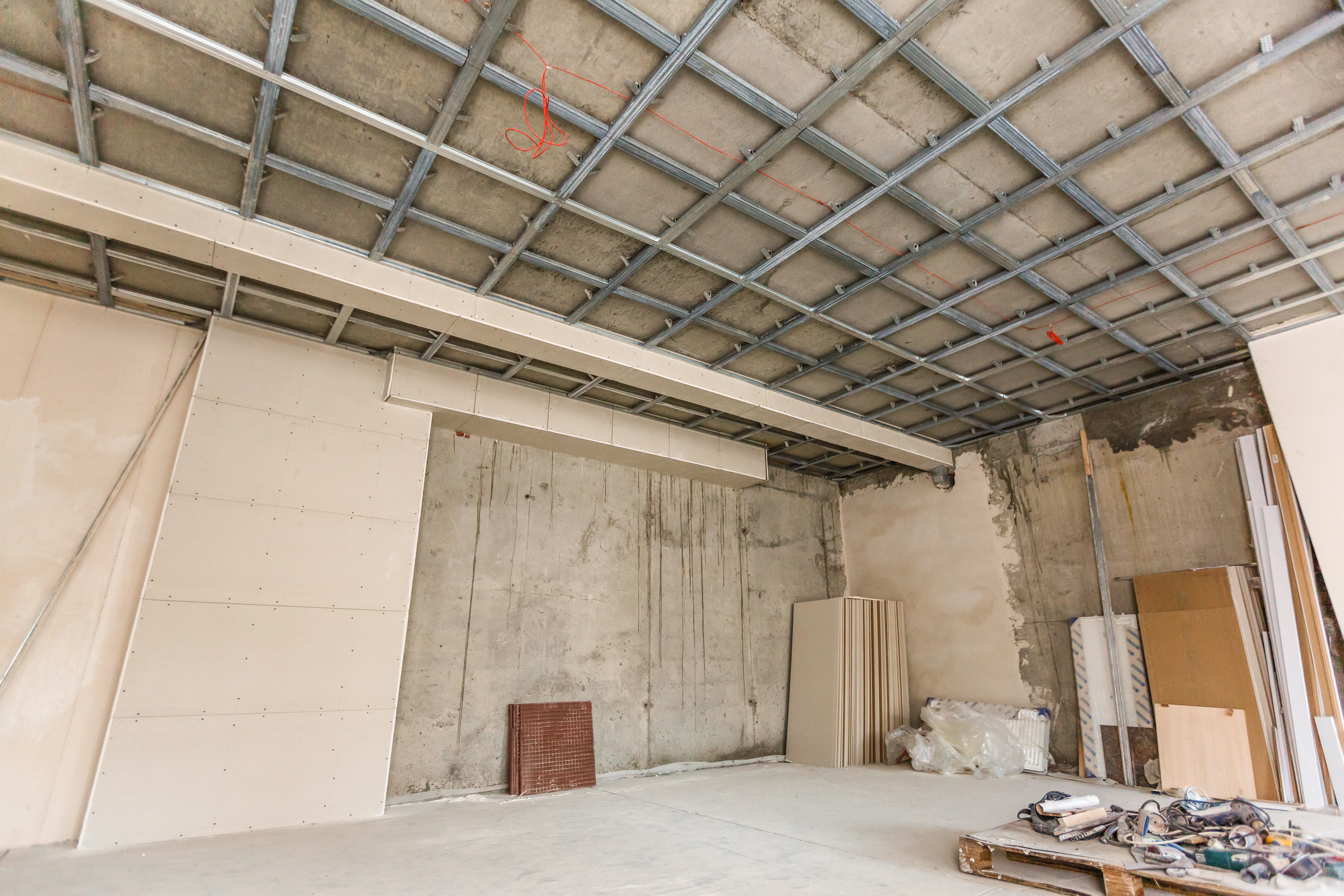NaVeWeLe: Sustainable processes and materials for lightweight construction
Resource-saving, multifunctional hybrid materials and sustainable processes for their construction are to be developed as part of this focus area.
Project background
Whether in automotive, mechanical or plant engineering, aerospace, medical technology or the construction industry - lightweight construction is a key technology in many areas thanks to its ability to achieve high load-bearing capacity and functionality while saving mass. However, as resources become scarcer, lightweight construction can only be successful in the long term if sustainable materials and processes are used.
Project objective
The aim of this priority area is to develop resource-saving, multifunctional hybrid materials and sustainable processes for their construction. The aim is to increase energy and resource efficiency in the processes and to strengthen the competitiveness of the Bavarian partners. In close cooperation with the companies, the research results are to be applied in the large-scale series production of consumer goods, in the manufacture of which Germany plays a leading international role.
These include, above all, the automotive industry, the construction industry and timber construction, which is growing strongly in Bavaria. The project thus represents a further development of the already high standard of technology in lightweight construction against the backdrop of the requirements for future-oriented production. Initial successes have already been achieved, such as the production of new natural fiber hybrid materials, the design of a process with which natural fiber insulation materials can be produced and the development of a fiber insulation material made from bark and its manufacturing process.
Project procedure
Rosenheim University of Applied Sciences has a research focus on "Sustainable processes and materials for lightweight construction" funded by the Free State of Bavaria. The aim of this focus is to develop new technologies that make it possible to produce wood fibre-based materials and tool-ready components for functionalized lightweight construction. Functionalized lightweight construction based on sustainable raw materials (wood and biopolymers) is seen as a key technology for a transition to a bio-based economy.
The focus area is formed by a scientific working group with more than 15 research associates and five professors from various departments. In addition to other laboratories, this group has the most modern laboratory for wood fiber-based lightweight construction and conventional wood-based materials in the world. The group works very closely with partners from various sectors of industry.
The working group has worked on numerous projects in the field of sustainable processes and materials, energy efficiency and recycling:
Optifiber: Development of grinding discs for the production of specific fiber geometries for low-density fiber composites
NF-Ripp: Process and material technology investigations of hybrid composite structures with renewable raw materials in the form of natural and wood fibers.
LFWC: Development of a new type of fiber composite material with long wood fibers for the production of components with glass fiber composite properties using the injection molding process: Long-Fiber-Wood-Compound (LFWC).
MUNACU: Development of innovative climate- and resource-friendly processes and materials for vehicle construction, timber construction and furniture construction
Sub-project lead
T +49 (0) 8031 / 805 - 2631 peter.karlinger[at]th-rosenheim.de
ORCID iD: 0009-0002-8523-3630
Project staff
T +49 (0) 8031 / 805 - 2665 Brian.Ginder[at]th-rosenheim.de
Project duration
2018-01-01 - 2022-06-30Project funding

Funding programme
Programm zur Förderung der angewandten Forschung und Entwicklung an Hochschulen für angewandte Wissenschaften - Fachhochschulen


